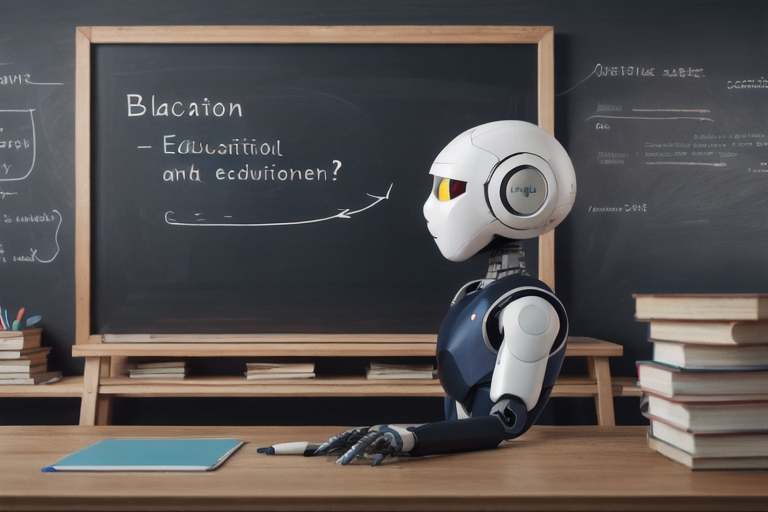Introduction
The Centre4eLearning is at the forefront of a transformative approach in educational content creation, harnessing the power of Artificial Intelligence (AI) to deliver high-quality learning materials from grade 4 to Master’s level. This innovative strategy not only reduces production costs but also ensures that disadvantaged groups in low-income communities have access to quality education. By integrating AI with human expertise, Centre4eLearning creates seamless, engaging, and pedagogically sound lessons that cater to diverse learning needs.
The Role of AI in Educational Content Creation
Cost Efficiency and Scalability
One of the most significant advantages of using AI in educational content creation is cost efficiency. Traditional methods of developing educational materials are labor-intensive and expensive, involving extensive research, writing, editing, and formatting. AI tools streamline these processes by automating many of the routine tasks, significantly reducing the time and resources required to produce high-quality content.
By lowering production costs, Centre4eLearning can allocate more resources towards reaching disadvantaged groups. This includes providing free or subsidized access to educational materials, ensuring that financial barriers do not impede learning opportunities for students in low-income communities.
Enhanced Content Quality and Consistency
AI’s ability to process large volumes of data quickly and accurately ensures that educational content is both high-quality and consistent. AI algorithms analyze existing educational materials, identify key concepts, and generate well-structured lessons that align with the provided curriculum. This ensures that every lesson maintains a high standard of quality, regardless of the subject matter or educational level.
Human Expertise and AI Collaboration
Curriculum Development by Educators
At the core of Centre4eLearning’s approach is the invaluable input from experienced educators who develop the curriculum. These professionals outline the key learning objectives, instructional strategies, and assessment methods for each course. Their expertise ensures that the content is pedagogically sound and meets educational standards.
AI-Powered Content Creation
Once the curriculum is established, it is fed into AI tools designed to create engaging and effective educational content. These tools use Natural Language Processing (NLP) and machine learning algorithms to generate lessons that flow logically, are easy to understand, and are tailored to different learning styles. AI can create various types of content, including text-based lessons, interactive quizzes, and multimedia presentations, providing a comprehensive learning experience.
Continuous Improvement and Feedback
AI systems at Centre4eLearning are not static; they continuously learn and improve based on feedback from students and educators. Data analytics tools monitor how students interact with the content, identifying areas where learners struggle and suggesting improvements. This iterative process ensures that the educational materials remain relevant, effective, and engaging.
Reaching Disadvantaged Groups
Accessibility and Inclusivity
AI enables the creation of educational materials that are accessible to a wider audience. For instance, AI tools can generate content in multiple languages, provide text-to-speech options, and create materials that are compatible with various devices, including smartphones and tablets. This inclusivity ensures that students in low-income communities, who may not have access to traditional learning resources, can still benefit from high-quality education.
Personalized Learning Experiences
One of the most profound impacts of AI in education is its ability to personalize learning experiences. AI can adapt content to suit individual learning paces and styles, providing customized feedback and support. This personalized approach helps students in disadvantaged communities, who may require additional support, to achieve their educational goals.
Conclusion
The Centre4eLearning’s use of Artificial Intelligence in educational content creation represents a paradigm shift in how quality education can be delivered cost-effectively. By combining human expertise with advanced AI tools, the Centre ensures that educational materials are not only high-quality and engaging but also accessible to disadvantaged groups in low-income communities. This innovative approach holds the promise of bridging the educational divide, providing every student with the opportunity to succeed, regardless of their socio-economic background.

